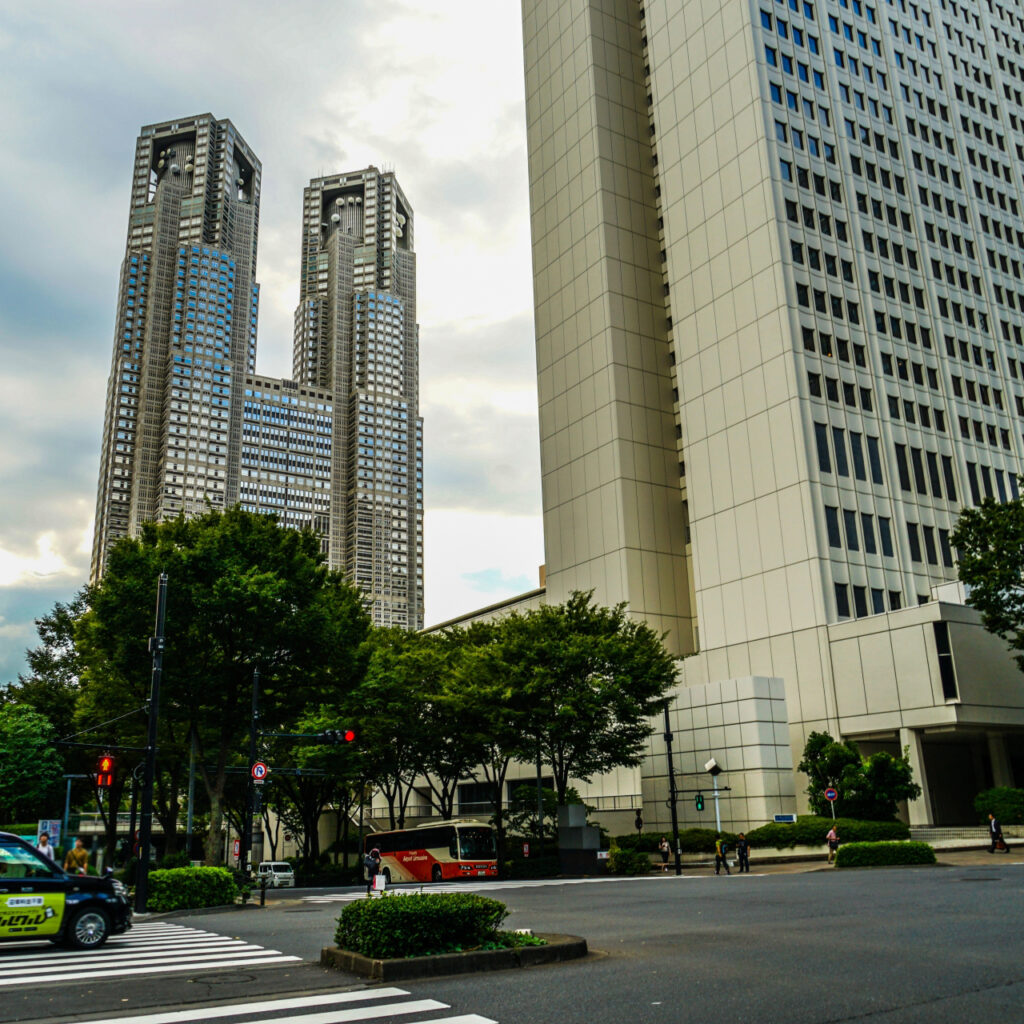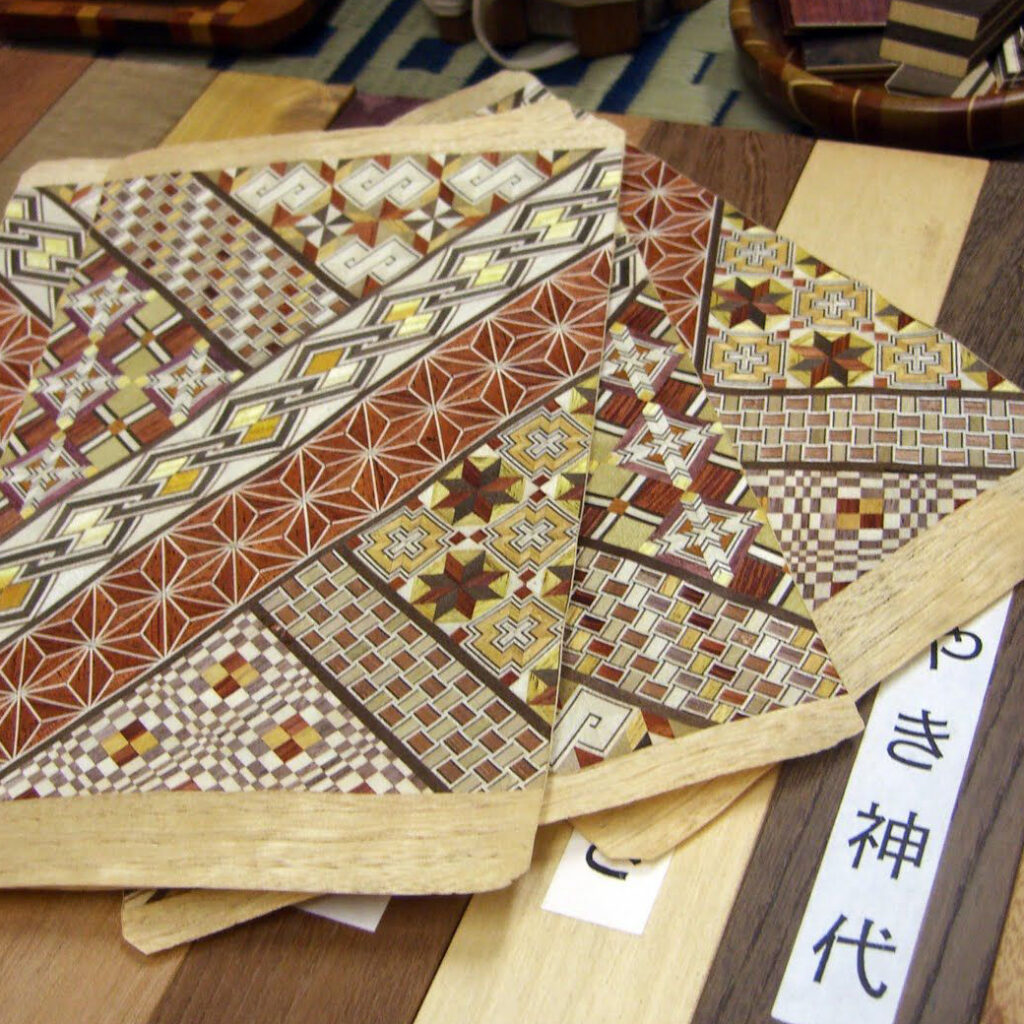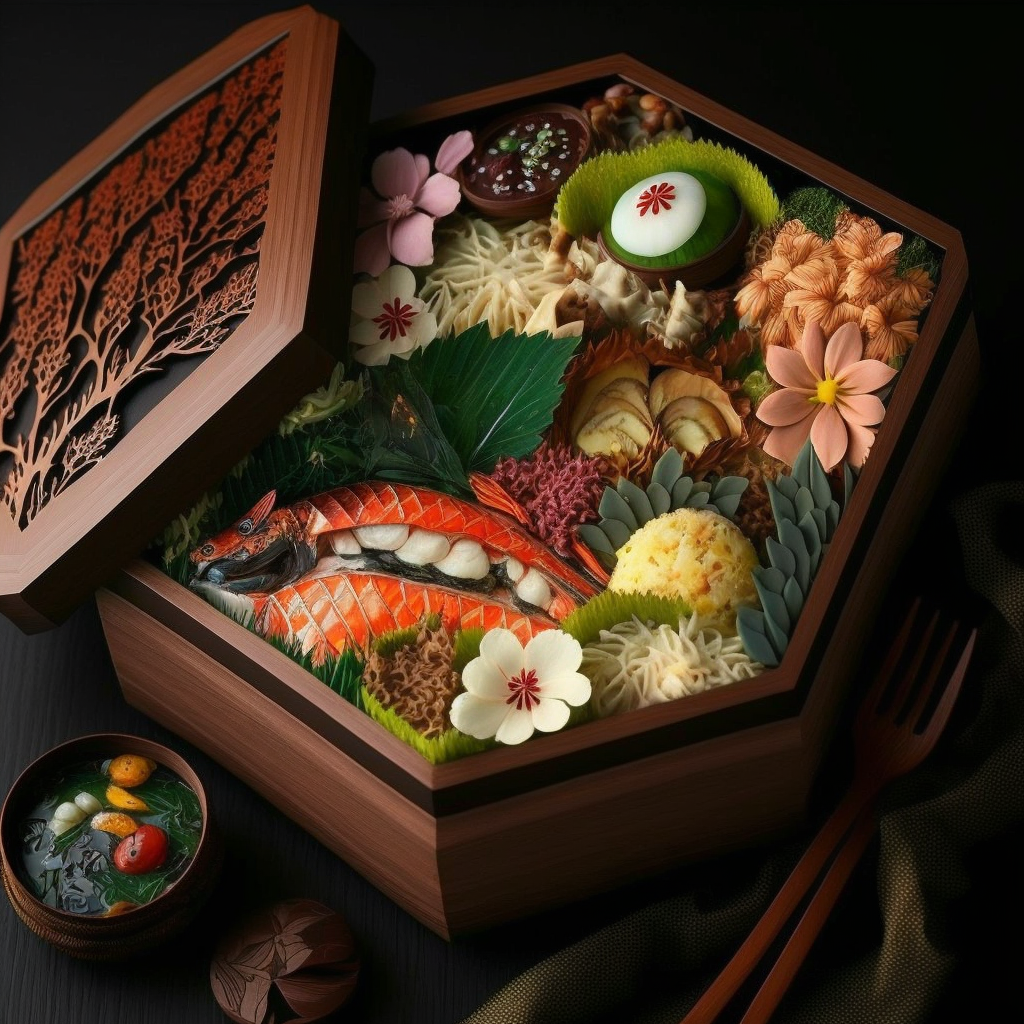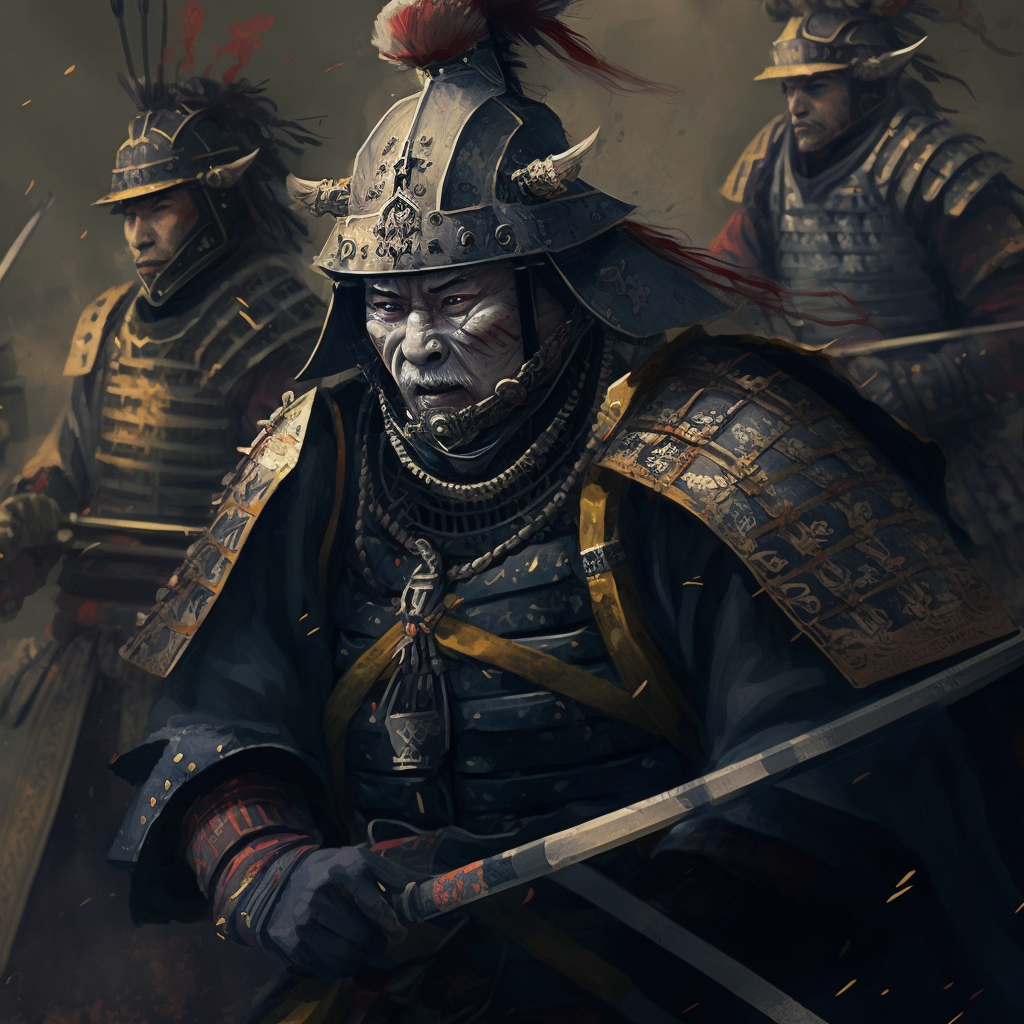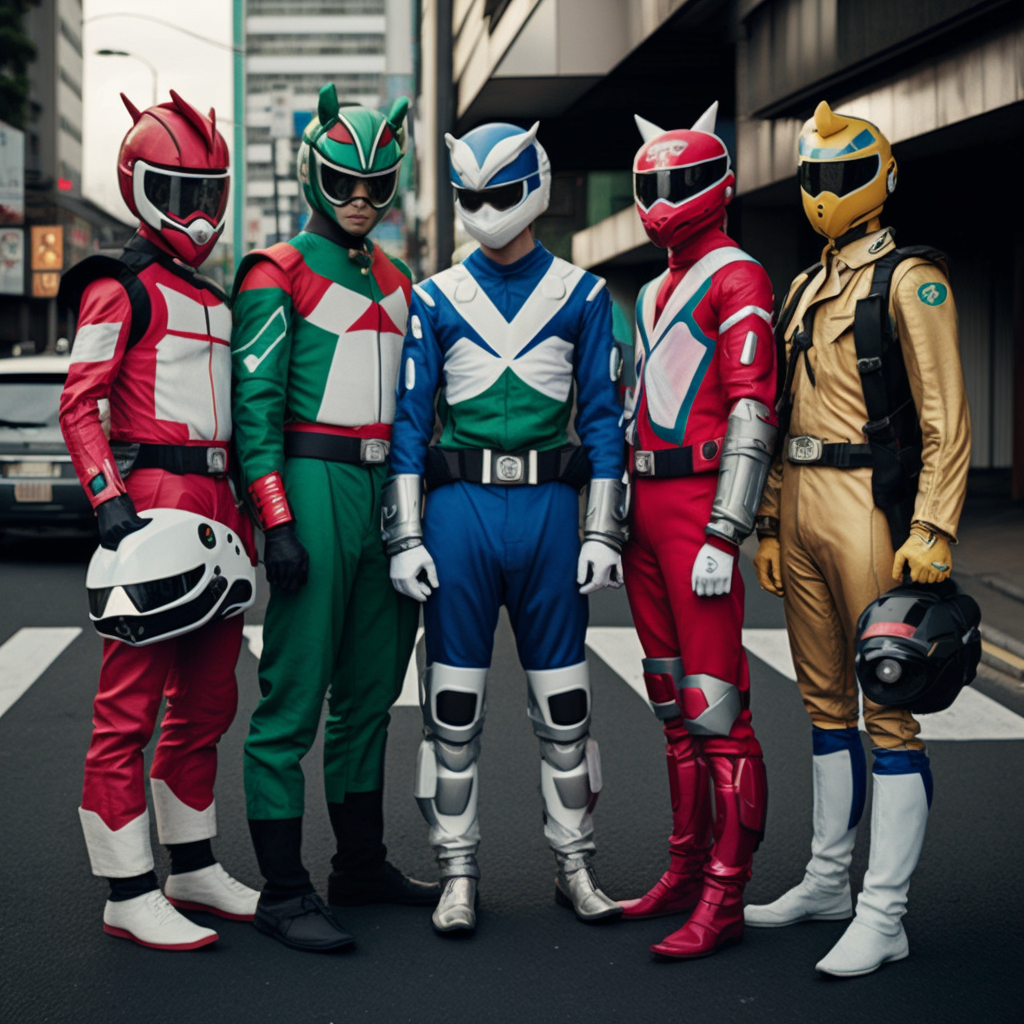Shinjuku is one of the most vibrant areas in Tokyo, the capital of Japan. With its lively nightlife, towering skyscrapers, numerous stores and popular tourist attractions, Shinjuku is a must-see destination for any visitor to Tokyo. In this article, we will explore the different facets of this exciting district.
History of Shinjuku:
The Shinjuku district has a rich and fascinating history that dates back to the Edo period (1603-1868) of Japan. At that time, Shinjuku was a small village located on the road connecting Edo (the old name of Tokyo) to Kyoto city. After the opening of Japan to the West in 1854, Shinjuku became an important trade and business center, attracting many investors and entrepreneurs.
During the 20th century, Shinjuku continued to develop, quickly becoming one of the most modern and lively areas in Tokyo. After World War II, the area became a center of nightlife, attracting young people and pop culture enthusiasts from all over the country.
Today, Shinjuku is one of Tokyo’s most iconic districts, with a unique combination of tradition and modernity.
Tourist Attractions:
Shinjuku is home to many popular tourist attractions, including the Tokyo Metropolitan Government Building. This 243 meter high skyscraper offers a panoramic view of the city of Tokyo, with spectacular views both day and night.
The area is also known for its central Shinjuku Gyoen Park, one of the largest parks in Tokyo. This 58.3 hectare park is home to a variety of landscaped gardens, including a formal garden, an English garden and a traditional Japanese garden.
For fans of popular culture, Shinjuku is also home to the famous Golden Gai. This small neighborhood of six narrow alleys is filled with traditional bars and restaurants, offering a unique and authentic experience of Tokyo nightlife.
Shopping:
Shinjuku is a shopper’s paradise, with a multitude of shopping malls and boutiques offering items ranging from luxury goods to inexpensive items.
Isetan Mall is one of the largest and most popular malls in Shinjuku, offering a wide range of Japanese and international luxury brands. Odakyu Mall is also very popular, with stores selling clothes, cosmetics, books and souvenirs.
The area is also home to many specialty stores, such as Yodobashi Camera, an electronics store, and Don Quijote, a discount store offering everything from cosmetics to household items.
Nightlife:
Shinjuku is also known for its lively nightlife, with a wide variety of bars, clubs and restaurants offering a unique experience of Japanese culture.
The Kabukicho area, located in the heart of Shinjuku, is famous for its lively nightlife. This area is filled with bars, clubs, karaoke rooms, massage parlors, arcade rooms and theaters, offering a unique nightlife experience in Tokyo.
Kabukicho is also known as Tokyo’s pleasure district, offering accommodation services for adults. However, it is important to note that these services are legal and regulated in Japan.
Gastronomy:
Shinjuku offers a variety of food and restaurants, providing a unique dining experience. Traditional Japanese restaurants, such as izakaya and ramen, are numerous in the area.
Shinjuku is also known for its international cuisine, with restaurants serving dishes from around the world, such as Korean, Chinese, Thai, Indian, Italian and French. The streets of Shinjuku are also full of street food stalls offering Japanese specialties such as takoyaki, okonomiyaki and yakitori.
Transportation:
Shinjuku is a major transportation hub of Tokyo, with several train, subway and bus lines passing through Shinjuku Station, the busiest station in the world, handling more than 3.5 million passengers a day.
Shinjuku Station also offers commuter train services for travelers moving between Tokyo and neighboring cities such as Yokohama, Kawasaki and Chiba.

